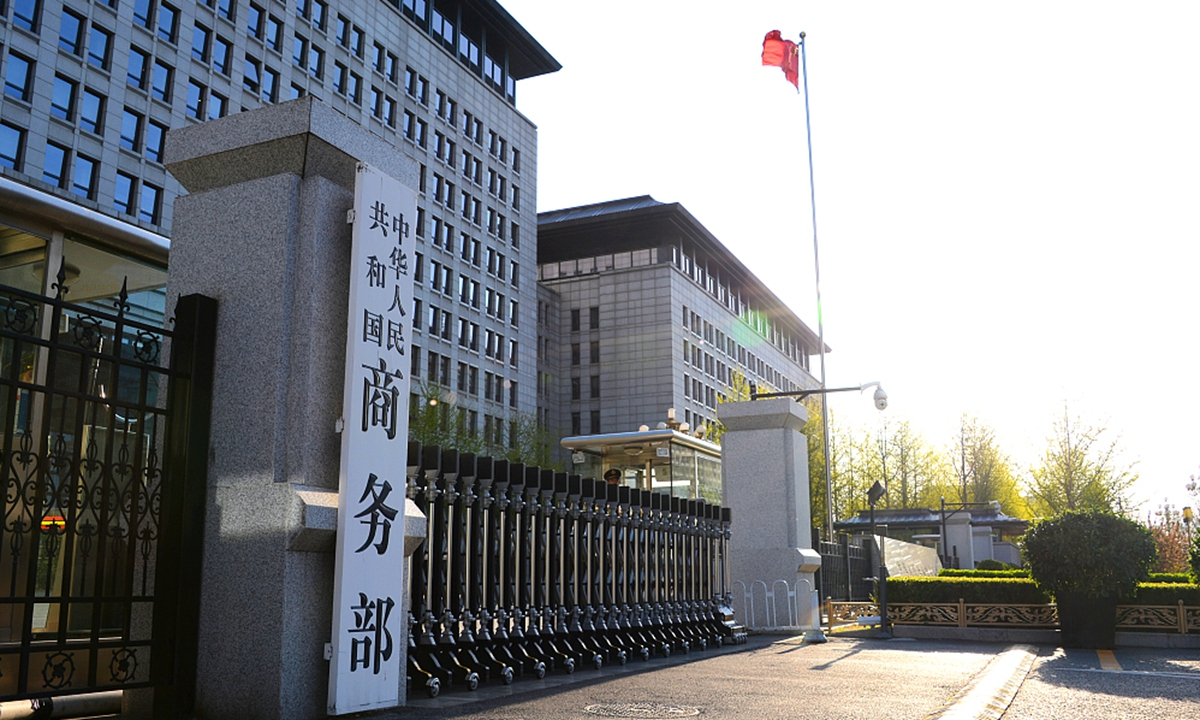Galaxy Entertainment's Strategic Shifts in Tough Economy

The recent reports on Galaxy Entertainment Group Limited present a compelling but complex picture of the company amidst a dynamic market landscape. With a robust performance projected for 2025, the company has announced significant strategic shifts and financial trends, marking it as a key player in an increasingly competitive environment. This commentary will dissect these developments, focusing on the implications for stakeholders and possible future trajectories.
Galaxy Entertainment has showcased financial strength with an 8% increase in net revenue, reaching HKD 23.25 billion for the first half of 2025. Adjusted EBITDA also witnessed an impressive 14% growth, signaling operational efficiency despite market fluctuations. This upward trend, highlighted further by a successful luxury hotel project at Galaxy Macau, presents an optimistic outlook for investors. However, it's essential to acknowledge the looming economic challenges that could dampen these gains, such as global slowdowns and trade disputes affecting tourism and gaming revenue, which are critical for Macau—a region heavily reliant on these sectors. Historically, we can draw parallels to the 2008 financial crisis, where consumer spending was drastically affected, highlighting the vulnerability of luxury sectors in times of economic downturns.
While the company's recent performance is commendable, the strategic closure of the Galaxy Casino by year-end raises significant questions about future operational capabilities. The decision appears to be a necessary move aligning with broader market strategies, yet results in immediate employee redeployments and potential revenue declines. This operational shift could lead to unintended consequences, such as worker dissatisfaction or a tarnished brand reputation. Furthermore, as Galaxy invests heavily in new developments like Galaxy Macau's Capella and the upcoming Phase IV construction, their success hinges on consistent visitor growth, which soared by 15% in the prior year. Yet, as history indicates with the dot-com bubble, unsustainable growth patterns may expose the company to risks of overextension. Thus, while opportunities for diversification into family-friendly segments and luxury accommodations exist, corporate strategies must also remain agile in response to market volatility.
In conclusion, Galaxy Entertainment's strong performance metrics and strategic initiatives indicate a company poised for growth. However, several macroeconomic factors, alongside internal operational transitions, present challenges that could hinder growth trajectories if not managed effectively. Investors should consider not only the potential for increased shareholder returns, especially with the recent dividend rises, but also the risks inherent in global economic uncertainty and shifting consumer preferences in the gaming industry. As policymakers and regulators play indispensable roles in shaping the operational landscape, it will be critical for Galaxy to navigate these waters carefully. In the spirit of forward-looking investments, one must ask: how resilient is the company’s strategy against both external economic pressures and internal operational challenges?
Read These Next

China Extends Suspension on 11 US Entities for 90 Days
China extends suspension of restrictions on 11 US entities until August 12, 2025, aiming to enhance bilateral trade relations.

Hong Kong Semiconductor Stocks Surge Hua Hong Soars Over 6%
Hua Hong Semiconductor rose over 6%, as confidence in the semiconductor sector grows amid rising demand for tech advancements.

China's Economy Remains Resilient with Steady Policies Ahead
China's economy shows resilience with a targeted GDP growth of 5% and plans to boost domestic demand and services by 2025.
